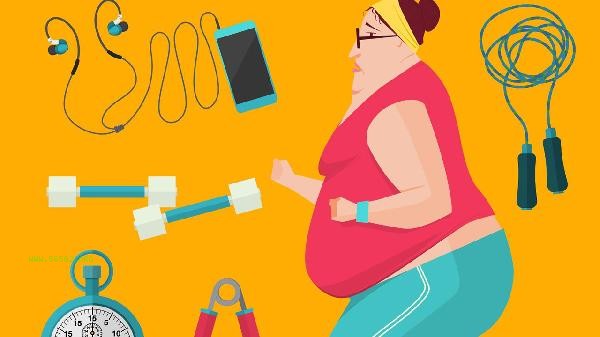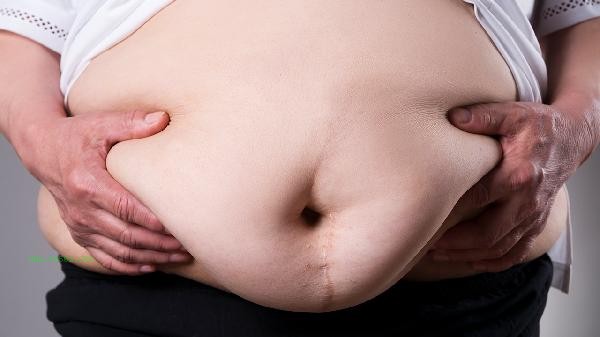Dieting to lose weight is usually caused by metabolic adaptation, water retention, muscle loss, imbalance of diet structure, hormone fluctuations and other factors. It can be improved by adjusting the calorie gap, optimizing nutrition intake, and combining exercise.

1. Metabolic adaptation:
Long term low calorie intake can cause a 20% -30% decrease in basal metabolic rate, and the body enters energy-saving mode. When the daily intake is below 1200 calories, the level of thyroid hormone T3 decreases and the efficiency of fat breakdown weakens. It is recommended to schedule 1-2 days per week to restore to a calorie rich diet and activate metabolic activity.
2. Water retention:
Strictly limiting carbon and water will lead to glycogen depletion, and each gram of glycogen will carry 3 grams of water loss. But when a high salt diet or elevated levels of stress hormones occur, the body will activate the water sodium balance mechanism, leading to edema. Daily water intake should reach 2000 milliliters, and potassium rich foods such as bananas and spinach should be supplemented appropriately.
3. Muscle loss: When protein intake is insufficient, the proportion of muscle breakdown for energy supply can reach 30%. A decrease in muscle mass directly reduces resting metabolism, and body fat percentage may increase but weight remains unchanged. Daily intake of 1.2-1.6 grams of protein per kilogram of body weight, combined with resistance training, can reduce muscle loss.

4. Imbalance in dietary structure:
Simply controlling calories but lacking in nutrients such as vitamin B and magnesium can affect the activity of fat metabolism enzymes. In the early stage of ketogenic diet, there may be a "pseudo plateau period", and it is necessary to monitor the urinary ketone body to adjust the proportion of fat intake.
5. Hormonal fluctuations:
Elevated estrogen levels before menstruation in women can promote water retention and increase body weight by 2-4 pounds. The increase in cortisol caused by stress can promote visceral fat accumulation. At this time, it is necessary to ensure 7 hours of sleep and relieve stress through meditation.
It is recommended to use a stepped heat control method, with an initial setting of 300-500 calories gap, and perform strength training three times a week in combination with aerobic exercise. Choose high fiber and low sugar foods such as oats and broccoli, and avoid refined carbohydrates. Recording changes in body circumference is more scientific than simply weighing, and when encountering plateau periods, one can try the carbon water cycle method. Long term dieting for more than 3 months requires medical examination to check thyroid function and avoid complications such as amenorrhea and gallstones.





Comments (0)
Leave a Comment
No comments yet
Be the first to share your thoughts!